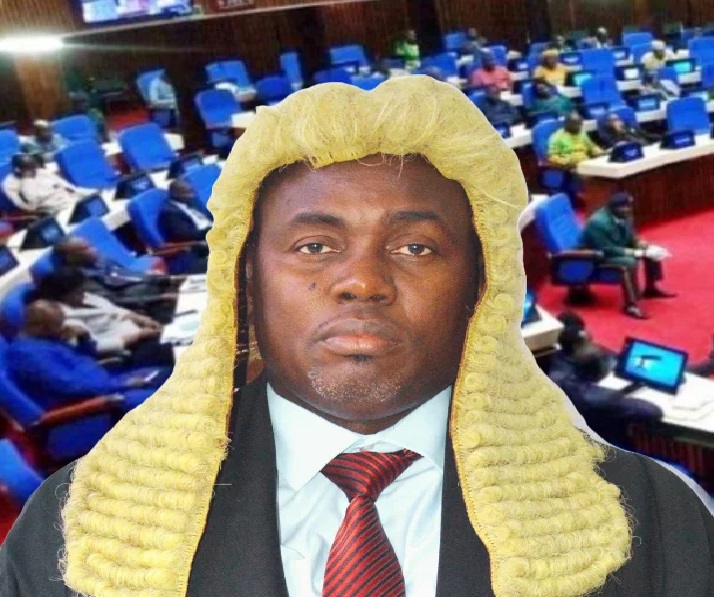By Mackie M. Jalloh
The decision by the Speaker of Sierra Leone’s Parliament, Rt. Hon. Sengepor Solomon Thomas, to ban journalist Melvin Tejan Mansaray from accessing Parliament has ignited widespread condemnation, with critics labelling it a brazen assault on press freedom and democratic accountability. The move, reportedly based on allegations of “malicious criticism” of parliamentary decisions, has raised serious concerns about the erosion of fundamental rights enshrined in Sierra Leone’s constitution.
The Sierra Leone Association of Journalists (SLAJ) has unequivocally condemned the action, emphasizing that barring journalists from covering parliamentary proceedings undermines the principles of transparency, accountability, and freedom of expression.
SLAJ argued that whilst journalistic standards must be upheld, the Speaker’s decision sets a dangerous precedent that could chill free speech and embolden public officials to act with impunity. “The decision to suspend a journalist from covering Parliament does not only undermine press freedom but also weakens the public’s trust in the institution’s commitment to democratic ideals,” SLAJ stated in its press release.
SLAJ called on Parliament to reverse the decision and suggests referring the matter to the Independent Media Commission (IMC), the statutory body mandated to regulate media conduct in Sierra Leone.
The incident underscores a troubling trend in which public officials increasingly target journalists for performing their watchdog role. Critics argue that the Speaker’s action reflects a broader disregard for the media’s role in holding power to account, particularly in an institution as pivotal as Parliament. It raises the question: If a journalist can be barred for alleged “malicious criticism,” where does the line get drawn between genuine reporting and censorship?
Whilst SLAJ has pledged to investigate the allegations against Mansaray, it also urged Parliament to engage constructively with journalists rather than stifle their work. The association reiterated that any concerns about professional conduct should be addressed through established mechanisms like the IMC, rather than unilateral decisions that undermine constitutional guarantees.
Such a development highlights the urgent need for public institutions to respect press freedom. It is a cornerstone of democracy that allows citizens to remain informed and hold leaders accountable. Restricting journalists from accessing vital spaces like Parliament does not only violate their rights but also deprives the public of critical information necessary for informed civic participation.
As SLAJ and other stakeholders call for the suspension to be lifted, many view this incident as a litmus test for Sierra Leone’s commitment to democratic norms. The Speaker’s action must be reversed to restore confidence in Parliament’s dedication to accountability and to reaffirm the nation’s respect for press freedom—a right that should remain inviolable in any functioning democracy.
By allowing such a suspension to stand, Sierra Leone risks joining the ranks of nations where press freedom is under constant siege.
It is imperative for leaders to rise above personal grievances and respect the vital role of the media in promoting transparency and good governance. Anything less would mark a dangerous regression for Sierra Leone’s democracy.













